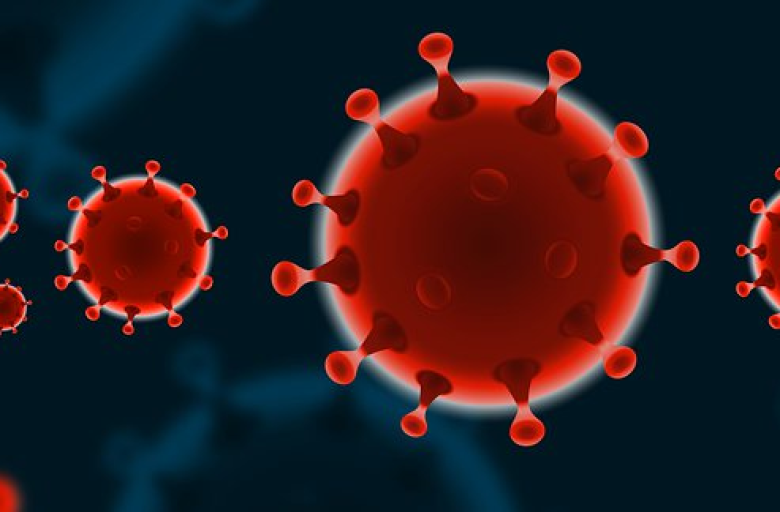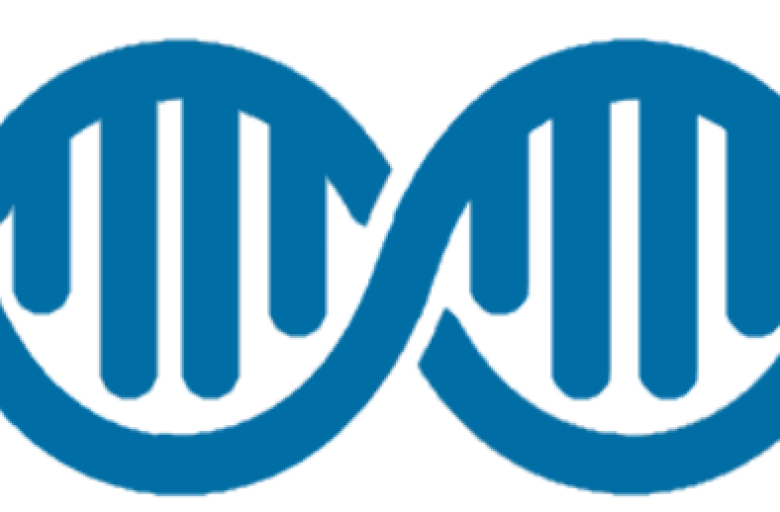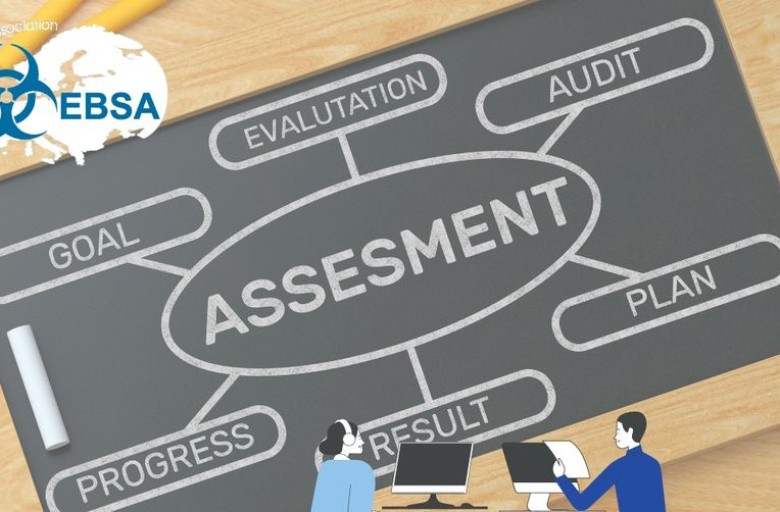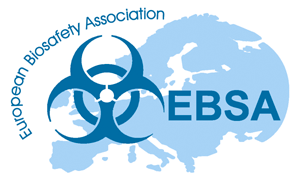Past EBSA courses
-
 30 September 2021
30 September 2021Bloodborne pathogens in the lab: minimize exposure & prevent infection
Read moreInstructor: Dana Brehar-Cioflec
Moderator: Heather Sheeley
This course will provide an overview on the main aspects of working safely with blood and blood containing materials in various types of laboratories (diagnostic, research, etc.).Prevention of laboratory infections involving bloodborne pathogens will be addressed with focus on general and specific prevention measures, materials and equipment, as well as health monitoring.
Brief exercises will be included to highlight the discussed aspects.
International and European regulations and recommendations will be highlighted and relevant references and links will be provided.
-
 19 August 2021
19 August 2021Disinfection and Sterilization
Read moreThis course is an introduction to the subject. It describes the most commonly used chemical and physical methods, with an emphasis on the important criteria to be assessed in choosing an approach and verifying its effectiveness.
-
 01 July 2021
01 July 2021Auditing for maximum impact – an introduction
Read moreInstructor: Julia Cotton
Biosafety professionals must be able to carry out biosafety and biosecurity audits and inspections, identify failures, non-conformities, corrective actions and areas for improvement and monitor progress. -
 03 June 2021
03 June 2021Introduction to vaccinology
Read moreInstructor: Gideon Kersten
The course gives insight in the exciting field of vaccinology. The relevance of vaccines does not need emphasis in these days. But how do they work? ...
-
 20 May 2021
20 May 2021Gene Drives: Technologies, applications & biosafety challenges
Read moreInstructors Fred Wassenaar & Patrick Rüdelsheim
Gene drives allow for a trait to be transmitted to subsequent generations in a ratio that deviates from the laws of Mendelian inheritance. Active in sexually-reproducing species, they are powerful tools to “drive” ... read all info and register here
-
 11 May 2021
11 May 2021ISO 35001 – An introduction into the biorisk management standard
Read moreRE-RUN UPON POPULAR DEMAND (confirmation as soon as we have 25 participants)
The ISO 35001 standard on “Biorisk management for laboratories and other related organisations - is the first internationally recognized management standard to specifically address hazards associated with laboratories where biological materials are handled at all containment levels.
-
 22 April 2021
22 April 2021Désinfection - Décontamination - Stérilisation du matériel biologique: Notions de bases (French)
Read moreCourse completely in French
Cours entièrement en françaisCe cours est une introduction au sujet. Il décrit les approches les plus utilisées, en mettant l’accent sur les critères important à évaluer pour le choix d’une approche et la vérification de son efficacité.
-
 21 April 2021
21 April 2021Biological Risk Assessment – How safe are we in our labs if we apply the risk based approach according to the new WHO Biosafety Manual?
Read moreRE-RUN UPON POPULAR DEMAND (confirmation as soon as we have 25 participants)
In this webinar these and other questions will be addressed by using the risk based approach of the new WHO biosafety manual.
-
18 January 2021
ISO 35001 – An introduction into the biorisk management standard
Read moreThe ISO 35001 standard on “Biorisk management for laboratories and other related organisations - is the first internationally recognized management standard to specifically address hazards associated with laboratories where biological materials are handled at all containment levels.
The course in French is supported by the German Biosecurity Program (sold out)
